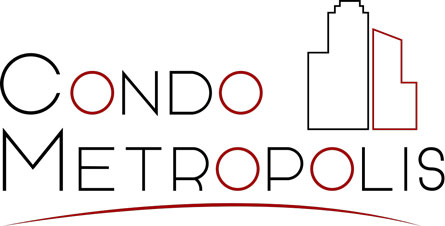-
One of the most serious misconceptions for potential home buyers right now is the idea that they’ll qualify for a mortgage “no problem”. If you’re an all-cash buyer, you can ignore everything that follows, but if you’re an investor looking to leverage, listen up – because the days of telling your Realtor “Don’t worry about it, it’s not a problem” are over.
Right now, lenders are changing their guidelines on a weekly basis, and if you haven’t pre-qualified, then you’re unlikely to be considered a “real buyer” and sellers (and probably even your Realtor) will not take you very seriously.
Because as if the lending situation weren’t bad enough already, a dramatic cutback takes effect next week, when giant mortgage insurer United Guaranty – a subsidiary of AIG International, the world’s biggest underwriter – says it will stop covering loans to investors in any of the thousands of zip codes from coast to coast that it defines as “declining” real estate markets – which, surprise, includes much of Florida.
This includes all non-owner-occupied rental houses or condos. United also is cutting off coverage of all condominiums and cooperatives – whether owner-occupied or rental — plus all second home purchases. It’s even refusing to look at loans to investors or owner-occupants that have limited documentation in any market, whether declining or not.
Add to that Fannie Mae’s and Freddie Mac’s new guidelines on condominium financing, which are causing condo associations to adopt stricter rules on the percentage of units owned by investors — and we’re looking at some crushing changes for small-scale investors.
The new guidelines now require lenders to make certain that at least 51 percent of the units in a condo project are owner-occupied, not rented out by investors. Though that percentage has not changed from prior guidelines, the fact that buildings and projects will now be under scrutiny by lenders every time a unit comes up for purchase – or refinancing, is causing condo association boards to keep a stricter lid on rentals. And for owners, that’s actually a good thing…
In small projects however, just a handful of rental units could put the whole building over the line — making all units ineligible for Fannie Mae or Freddie Mac financing. That’s an especially tough situation in resort areas, with high rental usage, or in depressed markets, where owners are renting out their units or simply walking away from their loans.
Still another Fannie policy is causing condo boards to worry: If more than 15 percent of the unit owners in a project are late on their association fees — not uncommon in down markets — lenders may not finance any individual units.
If you’re a first-time buyer, or buying a primary residence and have a great credit score (over 700) can document both your job status and your income (no more “liar” loans!) and can put at least down 3% of the purchase price, then you’re good to go – just like the old days. (Unless you’re looking to buy a condo hotel… now that’s another ball of wax.)
If you’re an investor, or an overseas buyer, well, save yourself and your Realtor a headache and get your financing in order before you start looking. Because the game is over. And while there are some unbelievable condo deals out there right now, if you can’t get a mortgage and snap them up then what’s the point?
Ahhh… good times!
(407) 901-5161
Orlando Property Enterprises | All rights reserved
